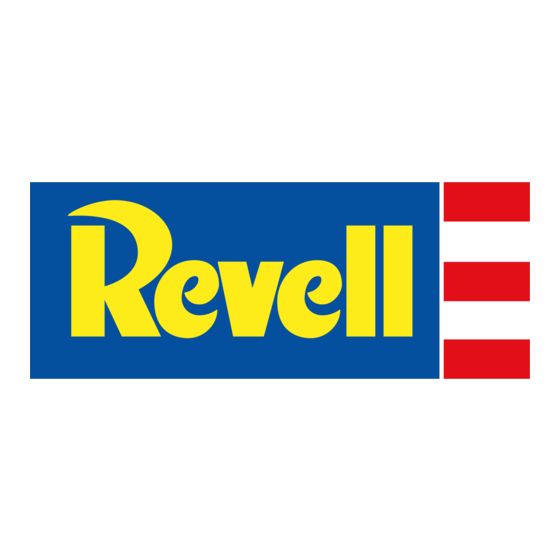
Advertisement
Quick Links
lum
■3800
© BY RFVEL L IN<
On May 24, 1973 during a rollout ceremony at the
McDonnellDouglas Plant in St. Louis, Missouri, the first
of the newest generation of German fighters was officially
handed over to the Luftwaffe. The aircraft was a Mc
DonnellDouglas F4F Phantom, latest in the series of
Phantoms produced at the St» Louis plant, (The F4G,
K
9
L and M had all been in production several years. The
F4F had been under development for some time, hence
the fact of its being produced later.) The F4F embodies
all of the technological advances and lessons learned
through the 18 years of Phantom development, from pro
totype mockup in 1955 through the 1973 introduction of
the F4F version.
The major difference between this latest Phantom
and all the others is the recent introduction of "slats" to
the wing leading edges. The "slats" are extended when
the aircraft is pulled into a tight turn or pulled up sharply.
They prevent the separation of air flow over the wings
and result ie a tremendously improved turning ability for
the airplane, something that was shown to be needed in
combat with MiGs of all types in V ietnam.
The F4F Phantom II, as originally ordered for the
Luftwaffe, was a singleseat aircraft based on the F-4E,
but having the Sparrow missiles and their associated radar
and "black boxes" eliminated. Without the Sparrows
PRINTED IN GERMANY BY REVELL PLASTICS GmbH.» BÜWDE
there was no need for an R.I.O. (Radar Intercept Officer)
in the back seat, as the Sidewinder heatseeking missiles
can be aimed and fired by the pilot alone» Bet during the
course of developing the F4F the decision was made to
keep the rear seat and controls. Although the Sparrows
are deleted, McDonnellDouglas says that the capability
for their installation is retained along with the mountings
for the necessary equipment
Also retained on the F4F is the potent ground attack
capability of the Phantom series comprising a centerfine
and four enderwing store stations. On these hard points
it is possible to hang either external fuel tanks (except on
inboard pylons) or a broad variety of offensive stores.
Certain of the component parts of this latest Phantom are
being made or are scheduled to be made in Germany. They
include the canopies, outer wing panels, rear fuselage, fin,
rudder, stabilators, ailerons, landing gear doors, engine
access doors and spoilers.
So successful have the modifications and improve
ments to this aircraft been, that the U.S.A.F. has adopted
most of the features for retrofit on all U.S.A.F. F4E
Phantoms. This will bring the F4E up to F4F standards.
. And apart from some equipment differences, they will be
nearly identical to their German cousins.
Advertisement











Need help?
Do you have a question about the H-178 and is the answer not in the manual?
Questions and answers